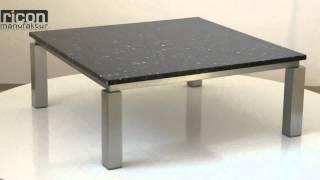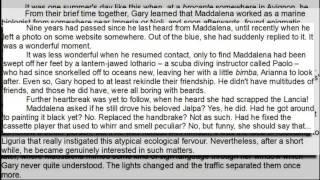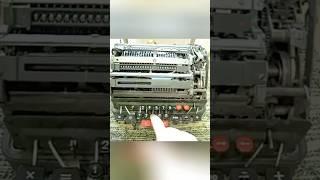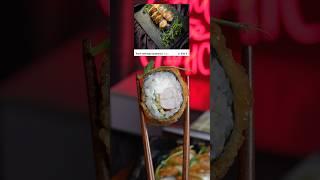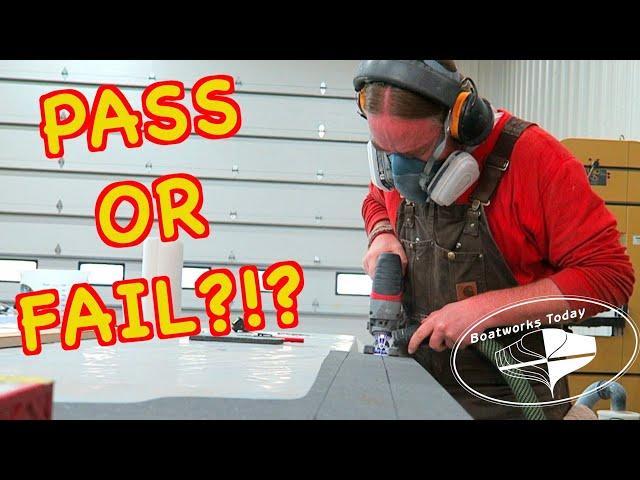
Best Resin To Use With Coosa On Your Boat Project?
Комментарии:

Andy I always look forward to your videos and love the content. After seeing today’s video I totally wanted to do a parody of testing various leather gloves when peeling apart coosa panels.
Ответить
I think coosa has a "bonding board" it has holes in it to allow the resins to penetrate and bond better
Ответить
Thanks for your videos. How long did you let the resins cure? I believe the 2:1 epoxy will take longer to reach full cure and should ultimately have the highest strength.
Ответить
Great vid but you should have tried VINYLESTER... I use it with coosa and find it penetrates deeper than epoxy because of lower viscosity. Price is the midpoint between polyester and epoxy and it works fast like poly.
Ответить
Hey Andy, I really enjoy your channel, and concur with most of your conclusions.
I know you were attempting to conduct a simple test for demo purposes but fear the process was flawed and led to false conclusions.
Such a test should include proper bonding process materials prep.

The glass in between May help you with your over all thickness?
Ответить
every video starts with you making a joke and laughing at your own joke.. wild!
Ответить
I want to see a test with some 404 filler!
Ответить
I would have like to see how vinyl ester resin would have held up
Ответить
Why thicken the epoxy? Are you going to be joining these in a vertical orientation? Can the sheets be bonded while laying flat, and if so, would you just use epoxy without thickener? Does the thickener add strength to the epoxy, weaken it, or have no effect?
Ответить
Which side of the 1708 let go? Was it the biaxial side that let go on the polyester sample?
Ответить
I think you did video comparing plywood to coosa. In your opinion is the cost of the coosa worth it? (Transom project)
Ответить
Thanks for doing that experiment. I don’t have to do it now. Could you do a video on vinyl ester resin. Have you had much to do with tanks? I’m doing a 25ft Bertram up as well and I’m turning the hollow stringers into fresh water tanks! What do you think?? Haha
Ответить
Thanks for doing that experiment. I don’t have to do it now. Could you do a video on vinyl ester resin. Have you had much to do with tanks? I’m doing a 25ft Bertram up as well and I’m turning the hollow stringers into fresh water tanks! What do you think?? Haha
Ответить
Hey Andy! Hope you had a great Memorial weekend as well.
This comment/question is in reference to an older video you presented several years ago entitled, "Gelcoat Buffing And Care." Awesome video BTW. I'm presuming that Gelcoat is Gelcoat, but then again, I'm a newbie when it comes to Gelcoat. We've recently purchased an RV with a Gelcoat coated roof that doesn't look like it has ever been maintained. It's rough/pitted, oxidized, and looks like it's peppered with mold spots. My thoughts are to strip and redo. What do you think would be the best path to take, and do you have any videos where you've done such a drastic repair? Thank you.

maybe your test is telling you not to use the coosa! just saying!
Ответить
Perhaps you should be safe as well otherwise we'd be tuning in to Boatworks Today with Stumpy Miller.
Seriously, great video. It's always helpful seeing products/methods go head to head.

I agree with Brian Navalinski: vacuum bagging could produce fewer voids and a more uniform thickness. It might work best on a sample with cloth in the join.
Ответить
Andy. I dont know if you already have a video about this but, I'd love to here how you got into boats and acquired all of your knowledge. I think that would be a good one for all of us that follow your channel! Hope to hear back soon 🙂
Ответить
I would drill some small holes in the coosa so the resin can penetrate into the coosa, just between each layer. Are you going to lay them up flat on a table or add each layer in the transom as you go?
Ответить
Great video! learning something new every time i watch.
Ответить
thank you .... i been learnt!!!! goodonyas!
Ответить
I worked for Owens Corning die cutting insulation for stoves and refrigerators for one day. That is all it took to itch all over, and I quit. I can't imagine sanding fiberglass and getting the dust everywhere.
Ответить
Andy, bravo..! You just did a ton of research in a tidy video for so many out here. Thanks so much for saving so many, time and expense...!!!
Ответить
Just bought 2 sheet of coosa replacing the soft deck in my boat. Rewatching several of you videos
Ответить
I have always used in the past, polyester resin, and two sheets of 1.5 ounce chop mat. The mat helps with bonding, the coosa absorbs some resin, when I sandwich the mat between the coosa I place a bunch of weights on it from the center out until theres squeeze out all the way around and let it kick off. Its worked awesome so far. The coosa doesn't need to be sanded before hand. Cut a key hole on the last one and it was bonded all the way around perfect. Love coosa for transoms. Recently have been messing around with pvc foam boards for good screw retention on floors etc. Interesting core materials available now a days..
Ответить
Try to score the mating surfaces to give more of a bite
Ответить
Hi Andy, even though the thickened epoxy may be plenty strong as a bonding agent between coosa sheets, wouldn't the 1708 add strength to the transom overall aside from just bonding the coosa? I would think it would result in a stronger transom to withstand the other forces put on it from the bracket and engine weight and torque.
Ответить
This is exactly what I wanted to see for my upcoming project.
Ответить
could you demonstrate epoxy infusion technique and the pros and cons about that?
Ответить
is for example a boat hull very resistant to water and glass fiber osmosis that is built with epoxy infusion?
Ответить
Im sorry Andy, but I lmao when you smashed your hand on that first piece lol.
Ответить
Thanks Andy your insight is always helpful !!
Ответить
Should try with 1.5 oz. mat. Needs binder on both side?
Ответить
Thank you.
Ответить
why no Vinyl-ester ???
Ответить
Interesting tests, good to see the variations.
I think the destructive testing was not really representative of any real world failure scenarios though.
The chiseling apart of the test pieces introduces a wedging progressive peel mode of failure which isnt really going to give you a good tensile or shear strength indication.
Also, the uncontrolled release of energy at the point of failure was a bit dangerous, esp given that you have fresh broken sharp composite edges. You really dodged a bullet there.

Gloves Andy, please gloves!
Ответить
If only there were some way you could protect your hands while doing tests like this.
Ответить
Looks like you did not rough sand for better adhesion
Ответить
Just bought 3 sheets of coosa blue water for my transom! Let the fun begin!!!
Ответить
Thanks for this test👍
Ответить
I have to do a 1999 Grady white outboard transom. I am going to use Coosa how much 5-1 do I need will I need more then the 1 gallon? Should I get the 1 gallon kit or the 4.5 gallon kit It’s a 7’11 foot transom
Ответить
I have to apologize for how hard I just laughed when you separated the 5:1 lol muther....
Ответить
The thickened 5:1 epoxy between sheets is the way I went with my SeaRay 380 transom. Given the curve of the transom, I had to kerf cut the Coosa, so the thickened epoxy was rolled and squeegeed into the vertical cuts. Really messy job.
Thanks for doing these videos. You're doing what engineering firms do to determine the best approach to construction methods.

They probably only use the polyester to laminate the Coosa.I am planning on laminating for the transom also but I am more concerned about scarfing.
Ответить

